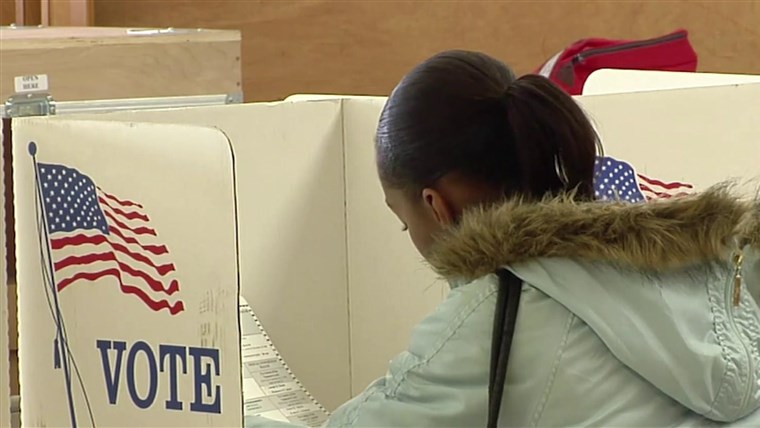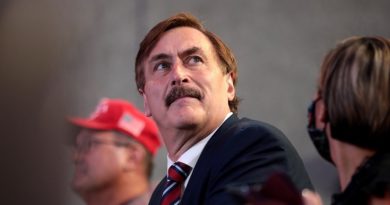CPAC goes all in on Trump’s false election fraud claims
The nation’s largest conference of conservative activists will prominently feature former President Donald Trump’s false claims of voter fraud weeks after his stolen election lie fueled a riot that led to the deaths of five people.
The agenda for the Conservative Political Action Conference, the influential right-wing summit best known as CPAC taking place in Florida this weekend, provides attendees multiple forums that appear to perpetuate conservative mythmaking around the 2020 election as well as ways to discuss the new wave of voting restrictions pushed by the Republican Party. The featured speaker is the former president himself on Sunday.
The event includes seven speeches and panels about “protecting elections” over the long weekend, with 2020-specific themes like “Other Culprits: Why Judges & Media Refused to Look at the Evidence,” and “The Left Pulled the Strings, Covered It Up, and Even Admits It.”
A breakout session now branded as “The Voter Files: The Truth Is Out There: Ask Your Questions to the Election Lawyers” was originally called “Did Your Vote Count? Ask the Experts!” A handful of sponsored events focus on fraud and elections, too.
In a contentious segment on CNN, Matt Schlapp, chairman of the American Conservative Union, which hosts CPAC, defended the conference’s focus on voter fraud and election policy.
“We’re going to spend a lot of time going through what happened in the states,” he said. “Just because you fail in court doesn’t mean you don’t have a good case.”
The conference includes a look at “failed” states — “PA, GA, NV, oh my!” per the event description — and “successful” states, likely drawing attention to the spate of restrictive voting laws state Republicans are advancing in dozens of states.
President Joe Biden won the states listed as “failed”: Pennsylvania, Georgia and Nevada.
“Trump did such a good job convincing the Republican base of this stolen election myth that it presents an opportunity for other Republicans to piggy back on those fears, even if they don’t embrace the specifics of Trump’s claims, and use it as an opportunity to either pass new restrictive laws or at least make noises about them as a way of pleasing that base,” Rick Hasen, a professor and an election law expert at the University of California, Irvine, said.
The panels will bring together a slew of conservative leaders, including early champions of fraud-related laws like the Heritage Foundation’s Hans von Spakovsky and Trump allies like Rep. Mike Kelly, a Pennsylvania Republican whose appeal to get mail voting in the state declared unconstitutional was recently shot down by the Supreme Court.
The lineup of major speakers suggests that voter fraud will also come up outside of the focused sessions.
Florida Gov. Ron DeSantis, a Republican, announced his support for new restrictive voting laws last week and is scheduled to be the first major speaker on Friday. Later in the day, CPAC attendees will hear from Sen. Ted Cruz of Texas and Sen. Josh Hawley of Missouri, Republicans who both objected to the certification of the results of the 2020 presidential election. After the senators, Dan Bongino, a conservative commentator who championed stolen-election claims, will speak. Trump is the featured speaker on Sunday afternoon; he has yet to concede the election.
The U.S. does not have a voter fraud problem. Numerous academic studies and criminal investigations have searched for widespread voter fraud over the years and come up empty-handed. There is ample evidence that restrictive voting laws aimed at preventing this alleged fraud disproportionately disenfranchise voters of color.
*** This article has been archived for your research. The original version from NBC News can be found here ***




